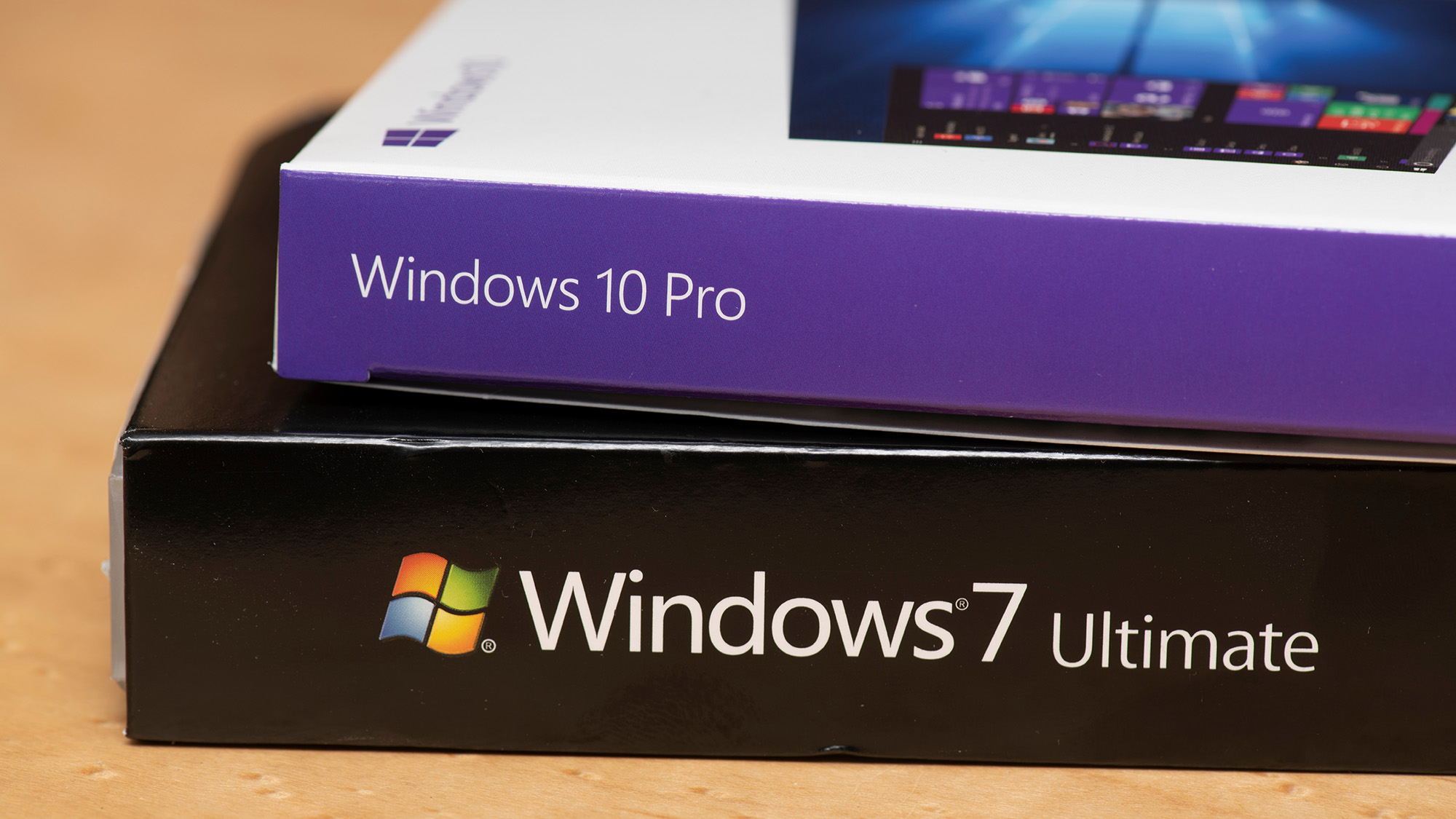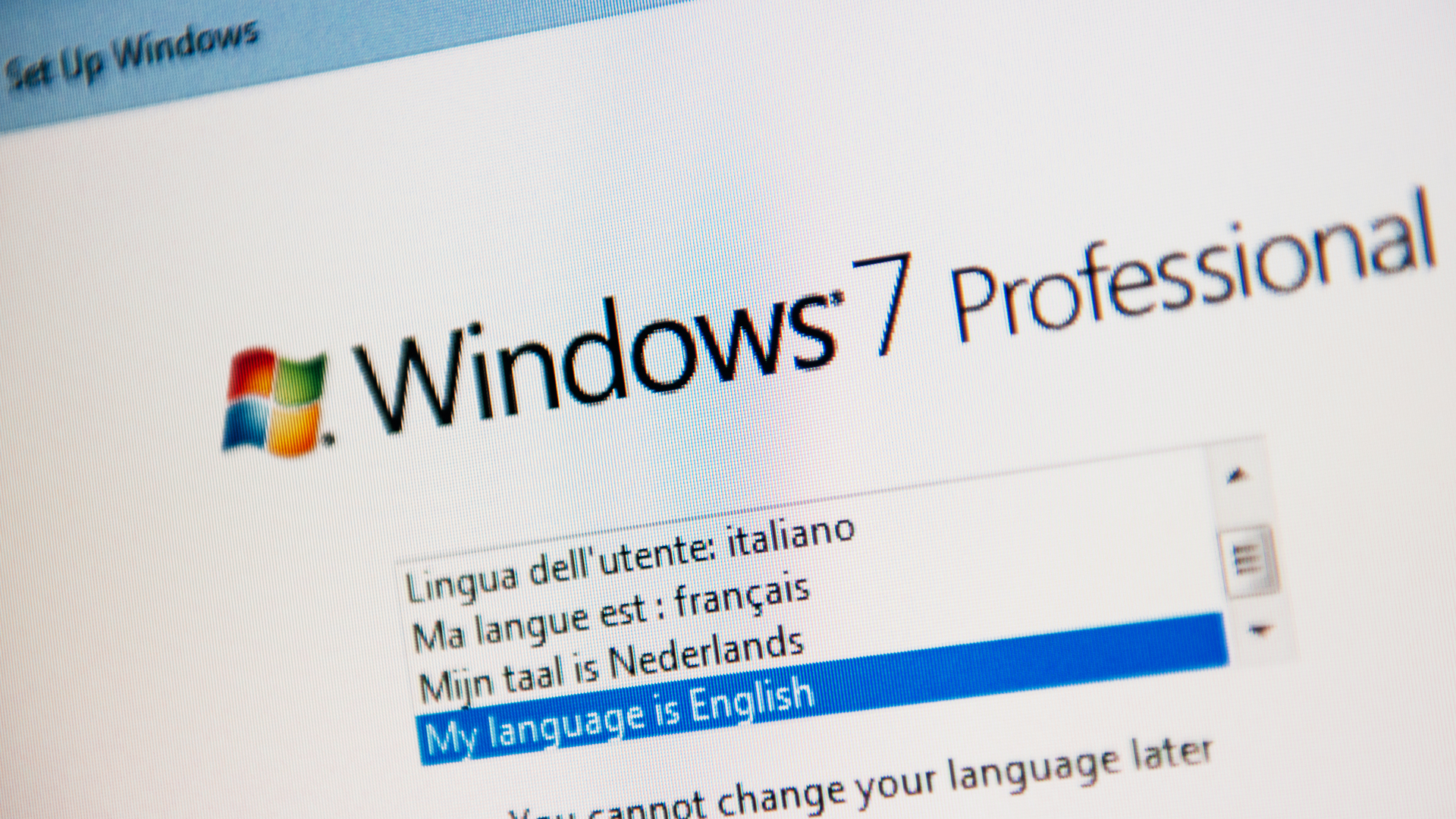Microsoft warns users off Safari
'Carpet-bombing' interoperability flaw leaves Windows users open to malicious attacks when using Apple's Safari browser, the Windows maker claims.


Microsoft has taken the rare step of warning users of its operating system (OS) off rival vendor, Apple's Safari browser due to a flaw in interoperability that could leave them open to malicious attacks.
The Safari bug, originally brought to light in mid-May by security researcher Nitesh Dhanjani plays on the fact Safari can automatically download certain files without a user's permission.
If a Windows OS user visits a hacked website using Safari, a vulnerability in how XP and Vista handle executable files on the desktop can be exploited to litter the victim's desktop with executable files containing malicious code.
In a rare step, Microsoft issued a security advisory last Friday that also confirmed the Safari flaw is dependent on the Windows OS vulnerability regarding executable files on the desktop.
And Aviv Raff, another researcher has also claimed a second Windows flaw could actually allow a hacker to run unauthorised software on a victim's computer.
Although Apple did not respond to an IT PRO request for comment, it has been widely reported that it may not see the flaw as seriously as Microsoft does. Dhanjani said that, when he alerted Apple to the flaw, the Mac vendor responded that it did not see the bug as a security issue. "Apple does not feel this is an issue they want to tackle at this time," he wrote in his blog.
He reproduced Apple's response, which read: "Please note that we are not treating this as a security issue, but a further measure to raise the bar against unwanted downloads. This will require a review with the Human Interface team. We want to set your expectations that this could take quite a while, if it ever gets incorporated."
Get the ITPro daily newsletter
Sign up today and you will receive a free copy of our Future Focus 2025 report - the leading guidance on AI, cybersecurity and other IT challenges as per 700+ senior executives
Apple's seemingly nonchalant reaction has attracted criticism from the security community, where consumer IT security advocacy group Stopbadaware.org has said Apple should "reconsider its stance".
This latest issue comes six weeks after the discovery of a denial of service (DoS) vulnerability in the iPhone version of the Safari browser.
A 25-year veteran enterprise technology expert, Miya Knights applies her deep understanding of technology gained through her journalism career to both her role as a consultant and as director at Retail Technology Magazine, which she helped shape over the past 17 years. Miya was educated at Oxford University, earning a master’s degree in English.
Her role as a journalist has seen her write for many of the leading technology publishers in the UK such as ITPro, TechWeekEurope, CIO UK, Computer Weekly, and also a number of national newspapers including The Times, Independent, and Financial Times.
-
 Should AI PCs be part of your next hardware refresh?
Should AI PCs be part of your next hardware refresh?AI PCs are fast becoming a business staple and a surefire way to future-proof your business
By Bobby Hellard
-
 Westcon-Comstor and Vectra AI launch brace of new channel initiatives
Westcon-Comstor and Vectra AI launch brace of new channel initiativesNews Westcon-Comstor and Vectra AI have announced the launch of two new channel growth initiatives focused on the managed security service provider (MSSP) space and AWS Marketplace.
By Daniel Todd
-
 Microsoft angers admins as April Patch Tuesday delivers password feature without migration guidance
Microsoft angers admins as April Patch Tuesday delivers password feature without migration guidanceNews Security fixes include a zero day exploited by a ransomware group and seven critical flaws
By Connor Jones
-
 Managing a late migration
Managing a late migrationOpinion When it comes to moving from Windows 7 to Windows 10, it's better late than never
By Jon Honeyball
-
 How to set up a Windows 7 emulator for Windows 10
How to set up a Windows 7 emulator for Windows 10Tutorials A complete guide for setting up a Windows 7 emulator for Windows 10 so you don’t lose access to your apps
By Nik Rawlinson
-
 The autopsy of Windows 7
The autopsy of Windows 7In-depth Report of a postmortem examination
By Chris Merriman
-
 The IT Pro Podcast: Farewell Windows 7
The IT Pro Podcast: Farewell Windows 7IT Pro Podcast We reflect on the legacy of one of Microsoft's most enduringly popular operating systems
By IT Pro
-
 Windows 7 ends: what do you do next?
Windows 7 ends: what do you do next?In-depth From SMBs to big business and individuals, after 10 years it's time to move on from Windows 7
By Jon Honeyball
-
 Windows 7 end of life: What to do if you haven't upgraded yet
Windows 7 end of life: What to do if you haven't upgraded yetIn-depth Microsoft has now officially moved Windows 7 to end of life, meaning it's no longer a viable business platform
By Dale Walker
-
 Windows 10 vs Windows 8.1 vs Windows 7 - Microsoft OS head-to-head
Windows 10 vs Windows 8.1 vs Windows 7 - Microsoft OS head-to-headVs We pit Microsoft's most popular operating systems against each other to see which is the greatest of all time
By Mike Passingham